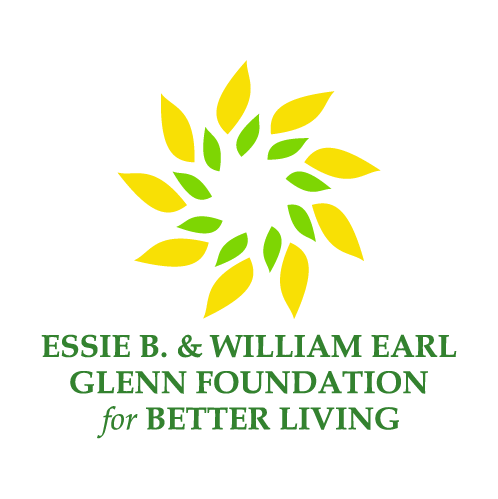Lesley education professor offers expertise to Mississippi Delta foundation
- November 21, 2021
Initiative addresses trauma and food insecurity in underserved region
The Mississippi Delta, home to four million acres of farmland, produces cotton, corn, soybeans, rice — and astronomical rates of diabetes, multigenerational poverty, endemic food insecurity and chronic obesity. It’s a painful dichotomy that has plagued the region, located in the western part of the Deep South state, for hundreds of years.
“There are commodities that are traded on the international stock exchange — cotton, soybeans — but the corn is used for animal feed or ethanol,” says Dr. Helen M. Beady of the Essie B. & William Earl Glenn Family Foundation
. “You’re not growing anything that people can consume.”
It’s no coincidence that the Delta is the home of the blues. The predominantly African American population has sparse access to resources — from grocery stores to wi-fi —and the things that are in abundance aren’t anything to praise. There are high rates of gun violence and unemployment. Many kids come to school hungry every morning and leave on Fridays with little hope of a nutritious meal.
“Things don’t just happen by accident, there are hundreds and hundreds of years of history contributing to the present moment,” says Lesley Professor Lisa Fiore.
A Family Tradition
Dr. Fiore didn’t know much about the region before former College of Liberal Arts and Sciences Dean Mary Coleman introduced her to Beady and the Glenn Family Foundation. The family part is literal. Beady and her 10 siblings named the organization after their parents and shaped it with the principles of generosity they witnessed growing up in Bolivar County.
“Every year we had a big, big garden and we shared those vegetables with the community,” Beady remembers.
The foundation does the same work and more, collaborating with the community to alleviate food insecurity and health issues by providing resources that address immediate needs — such as sending children home with food for the weekend — and long-term needs that address deeply ingrained problems, such as trauma and the prevalence of diabetes.
“We’re looking for sustainable, impactful change in the Mississippi Delta,” says Beady, who is the foundation’s executive director.
Helping with I-HEAL
As director of Lesley’s Child Homelessness Initiative and an expert in early childhood education, Fiore was eager to volunteer with the foundation as it prepared to launch its Integrated Health Empowerment Awareness and Literacy (I-HEAL) program, which includes monthly workshops with parents and teachers.
“Lisa has helped us craft a lot of the theory behind I-HEAL,” Beady says.
The program addresses the lasting effects of trauma, mentally and physically. Research shows that sustained levels of stress hormones — take a toll not only on mental health and physical health, but contribute to high levels of cholesterol, hypertension, diabetes, heart disease and strokes — all found in high numbers in the Delta. Food insecurity, high rates of violence and lack of job opportunities all contribute to the trauma and stress that children (and adults) experience.
“Most people don’t think about how chronic trauma affects human development,” Fiore explains.
Through monthly workshops, I-HEAL educates parents on nutrition, understanding food labels, helping their children with impulse control, conflict resolution, fitness and more.
Educators are also a large part of I-HEAL’s strategy.
“Teachers have a big burden to lift on a daily basis,” says Beady. Many of them bring snacks for their students to make up for missed meals at home and find themselves caring for kids who may come to class disheveled without an understanding of some basic behavioral norms.
Added to that, says Beady, education in the Delta is underfunded by the state even as school roofs leak and heating and air condition systems fail.
“If things were shifted and more resources were provided for food, for exercise awareness and equipment… those test scores would go up because children would have more energy,” Fiore says.
As a small, mostly grant- and donation-funded organization, I-HEAL aims to help teachers as much as possible. They educate teachers with a trauma-informed health literacy curriculum that complements and is easily incorporated into existing state standards.
Featured
Lorem ipsum dolor sit amet, consectetur adipiscing elit. Ut elit tellus, luctus nec ullamcorper mattis, pulvinar dapibus leo.
Essie B. & William Earl Glenn Family Foundation © All rights reserved
